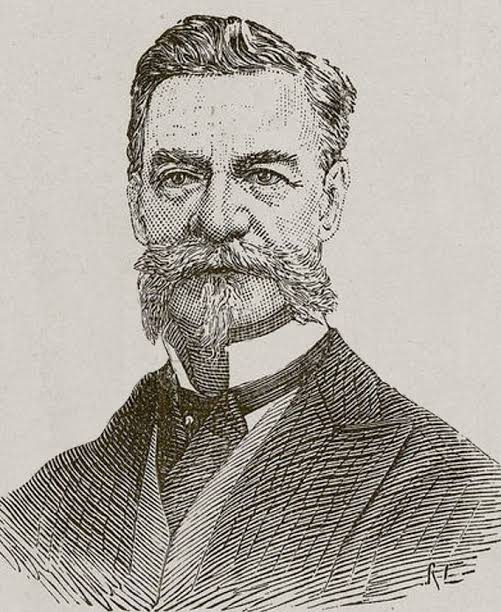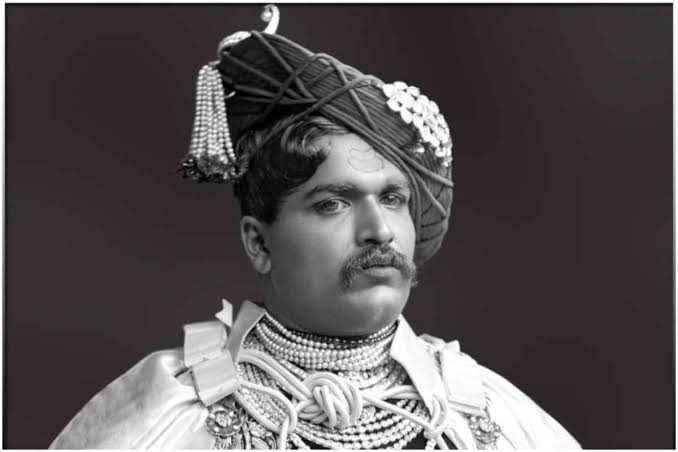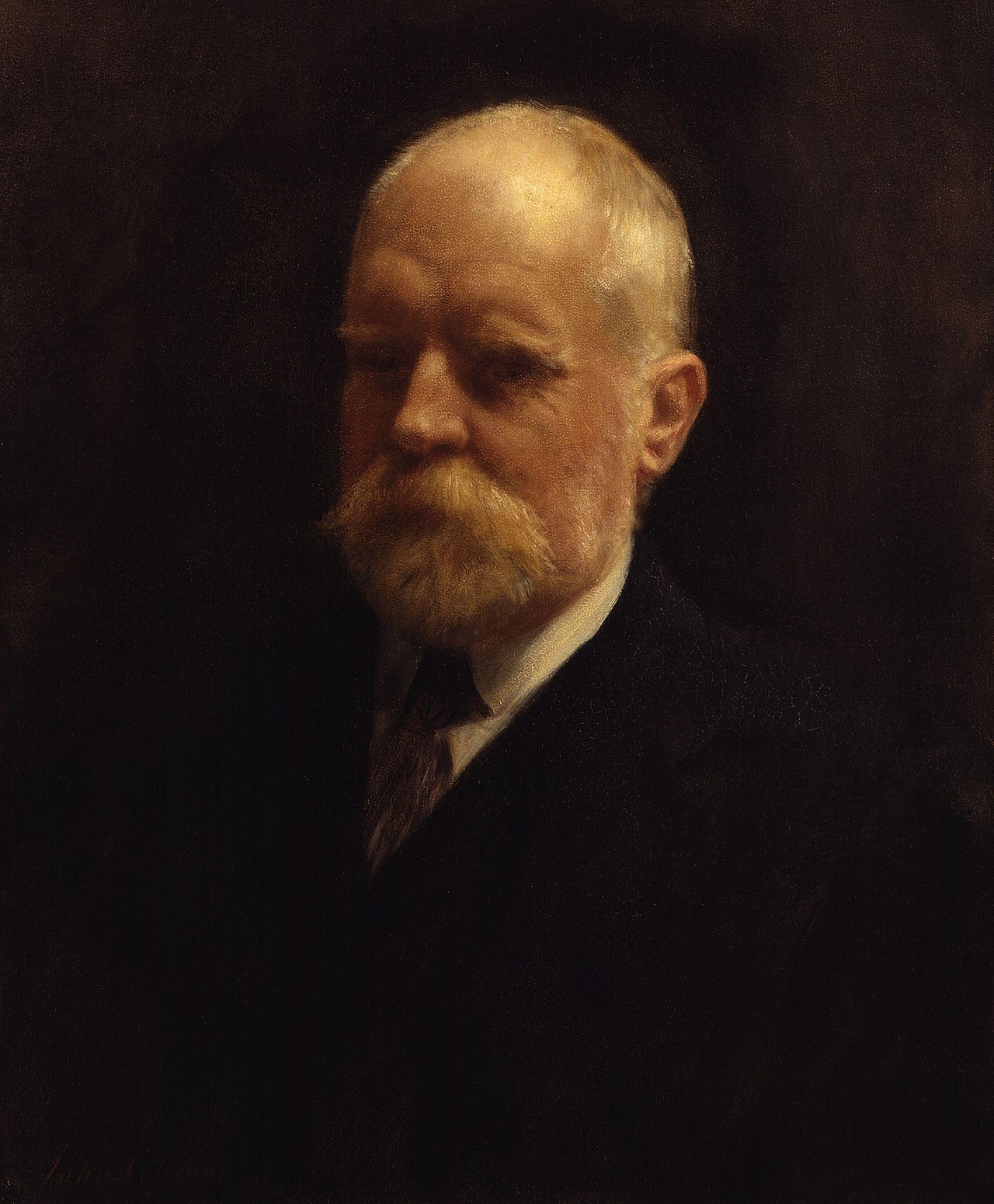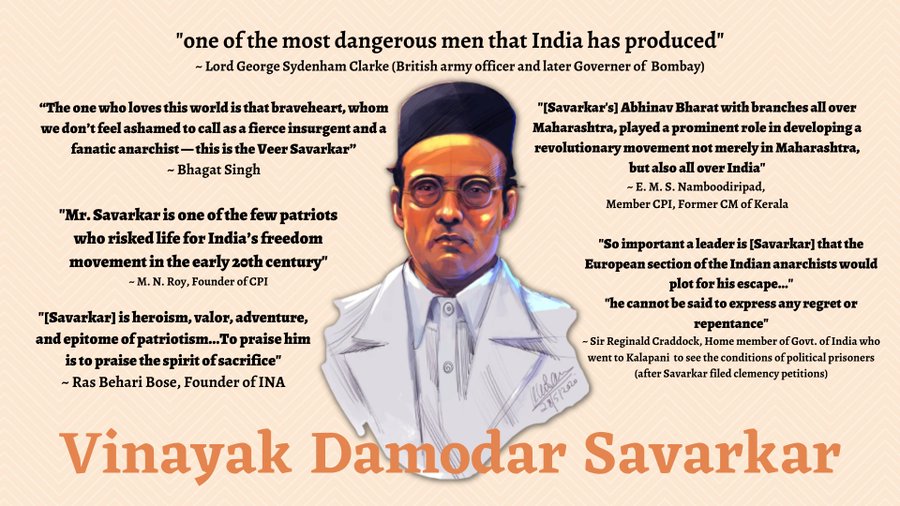In the latter half of the 19th century, the British colonial administration in India grew increasingly wary of the Western-educated Marathi Brahmin elite, particularly those hailing from the Chitpavan sub-caste. This suspicion and distrust were exemplified by the views expressed by prominent British officials like Sir Richard Temple, the Governor of Bombay, and echoed in the Anglo-Indian press of the time.

British Raj’s Perception of the Marathi Brahmin Elite
In a letter to Lord Lytton, the former Governor-General of India, Temple provided a revealing analysis of the perceived disloyalty among the Marathi Brahmin community. He argued that this disloyalty was not a consequence of Western education per se, as the traditional spheres of Brahmin activity exhibited similar sentiments. However, Temple believed that Western education had contrasting effects on the Brahmins.
On one hand, it attracted some Brahmins to the British Raj, as evidenced by the members of the Prarthana Samaj, a Hindu reform movement that sought to modernise Indian society. Temple regarded them as sympathetic to British rule.
On the other hand, he contended that Western education made some Brahmins restless by enhancing their political awareness, thereby lending “a sharp head to the lance of disloyalty.”
Temple’s assessment concluded that the British should rely on classes other than the educated Brahmins, such as the Maratha chiefs of the Deccan, the peasantry (rayat), Brahmins engaged in banking and industry, and the educated members of other castes and communities. His views found a resounding echo in the Anglo-Indian press of the time.
Anglo-Indian Press’s View on Marathi Brahmins
The Bombay Gazette, a prominent English-language newspaper, made no secret of its distaste for the Marathi Brahmins in the Deccan. In its editions from 1877 and 1899, the newspaper singled out the Brahmin community for embodying all that the Englishman disliked in Indian society – laziness, dishonesty, uncleanliness, vanity, lack of scientific temperament, and disloyalty.
Valentine Chirol, a British historian, reinforced this sentiment further in 1910. He noted that while many Chitpavans served the British Raj with unquestioned loyalty and integrity, they were among the most enlightened and progressive Indians of the time. However, Chirol observed that amongst many others, perhaps indeed the great majority, there has undoubtedly been preserved an unbroken tradition of hatred towards British rule from the time of the downfall of the Peshwa dominion to the present day, along with an undying hope that it may someday be subverted and their own ascendancy restored.

Impact on British Colonial Policies

The distrust and suspicion harboured by the British colonial administration towards the Western-educated Marathi Brahmin elite, particularly the Chitpavans, stemmed from a deep-rooted perception of their disloyalty and desire to overthrow British rule. This perception, fueled by the writings of British officials and the Anglo-Indian press, shaped the colonial government’s policies and attitudes towards this influential community during the latter years of the British Raj.



